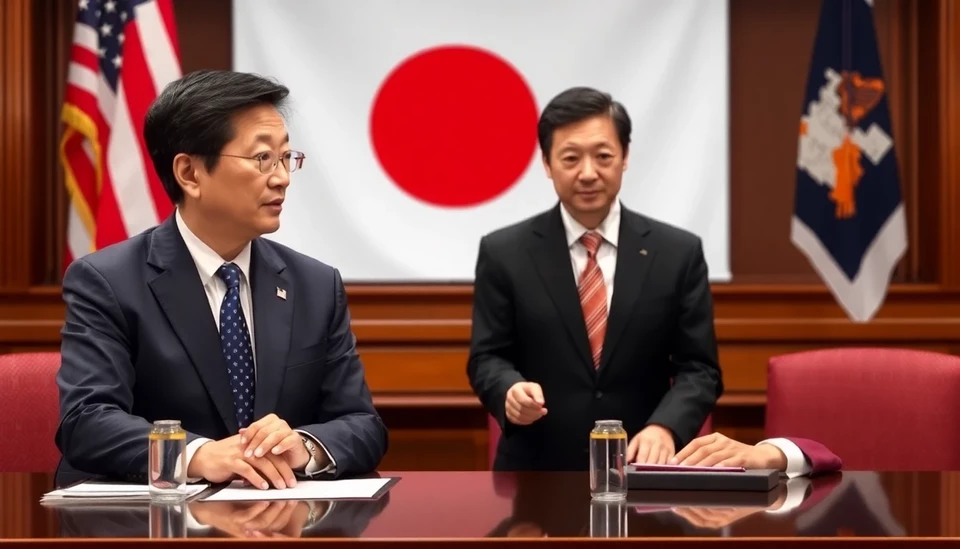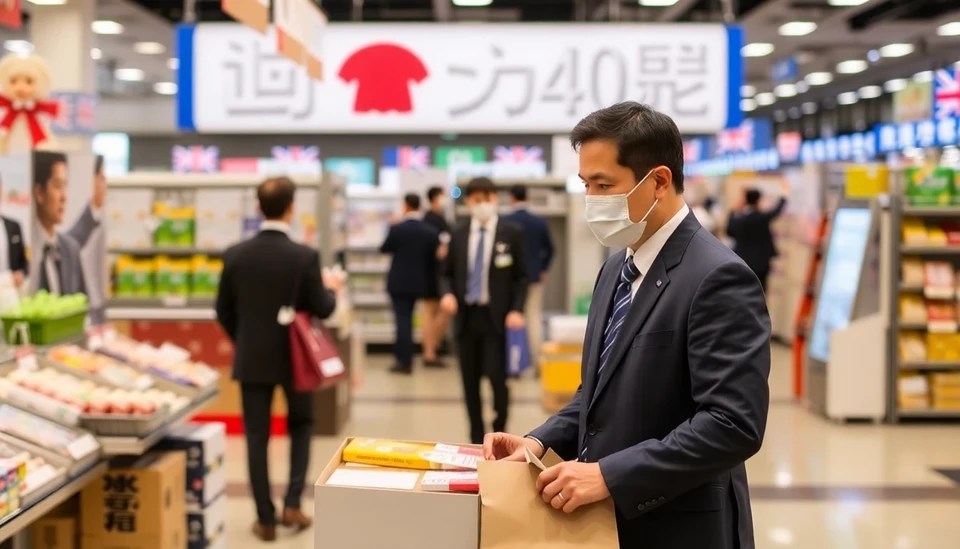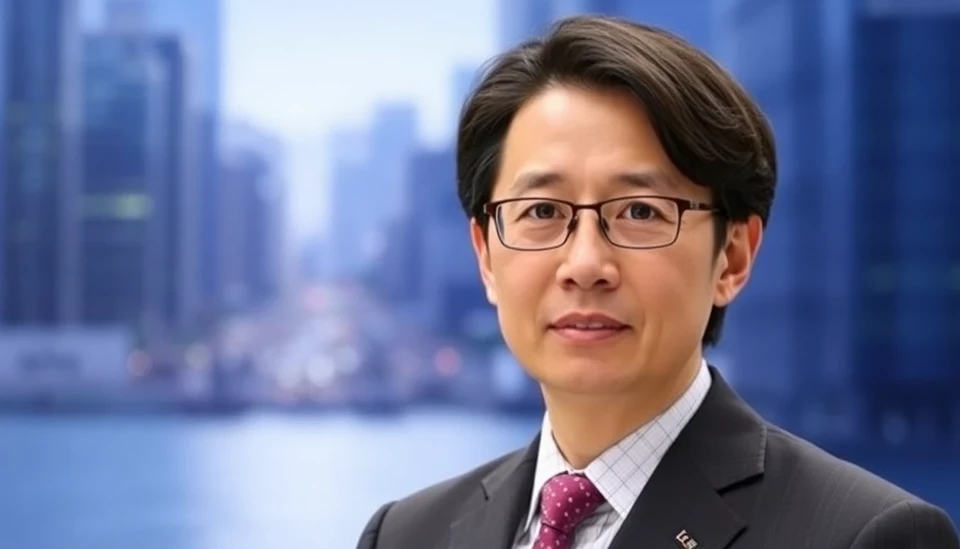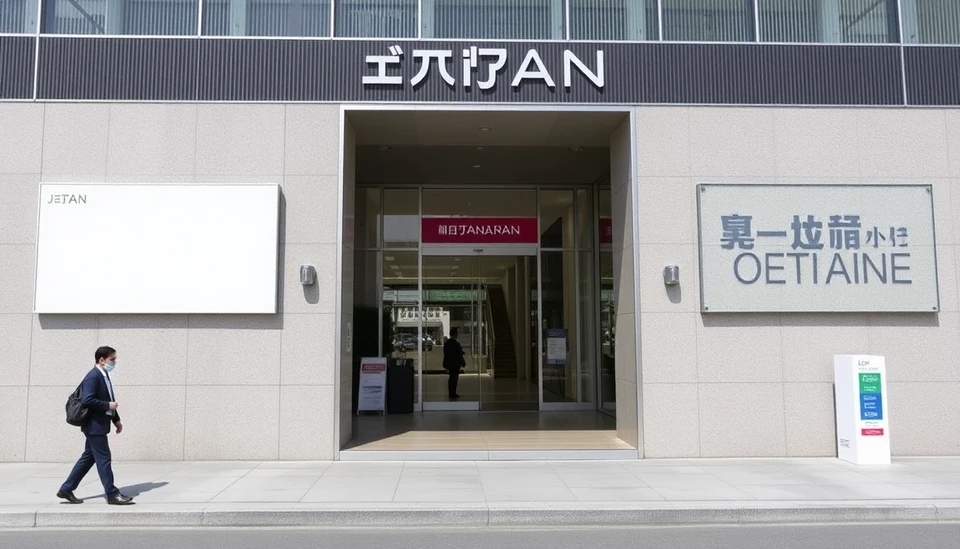
In a significant development within international economic dialogue, Japan's Deputy Prime Minister, Kato, emphasized the importance of grounding discussions with the United States on existing foreign exchange agreements. This move comes as global markets remain sensitive to currency fluctuations and their implications for trade relations.
During a press conference on April 24, 2025, Kato underscored the necessity of maintaining stable and predictable foreign exchange rates. He articulated that Japan seeks to approach any negotiations with the U.S. in a manner that respects prior agreements, suggesting that these established frameworks can serve as a foundation for current and future discussions. Kato’s remarks highlight Japan's strategic intention to foster cooperative economic ties while ensuring that currency policies don’t disproportionately affect its domestic economy.
Japan has been closely monitoring the U.S. dollar's strength as it impacts the yen's value, particularly in relation to Japan’s significant export-driven economy. The fluctuating exchange rates could pose challenges for Japanese manufacturers, which rely heavily on stable currency valuations to maintain pricing competitiveness in global markets. Kato reassured stakeholders that Japan's approach will prioritize economic stability and the welfare of its industries.
Furthermore, Kato noted that Japan values the historical context of the U.S.-Japan economic relationship and sees the potential for collaboration to enhance market conditions. His statements signal a willingness to engage in dialogue aimed at reducing volatility in the foreign exchange landscape, stressing that existing frameworks should guide such conversations.
This emerging stance not only reflects Japan's diplomatic efforts but also suggests a wider strategic initiative to avoid unnecessary tensions in economic policy that can arise from unilateral currency interventions. The focus on pre-existing agreements indicates a commitment to continuity, which might resonate well with foreign investors aiming for certainty in Japan's economic landscape.
As global markets adjust to the implications of these discussions, industry analysts will be keeping a close eye on how these negotiations unfold and what impact they could have on trade dynamics, particularly in the Asia-Pacific region. It’s expected that Japan will continue to advocate for balanced discussions that not only safeguard its interests but also promote broader economic stability.
In summary, Japan's proactive approach to engage with the U.S. based on previously established currency agreements marks a strategic pivot that could shape future economic relations, with the potential to mitigate risks associated with volatile exchange rates.
#Japan #CurrencyPolicy #USEconomy #ForeignExchange #TradeRelations #Kato #Economics
Author: Laura Mitchell




